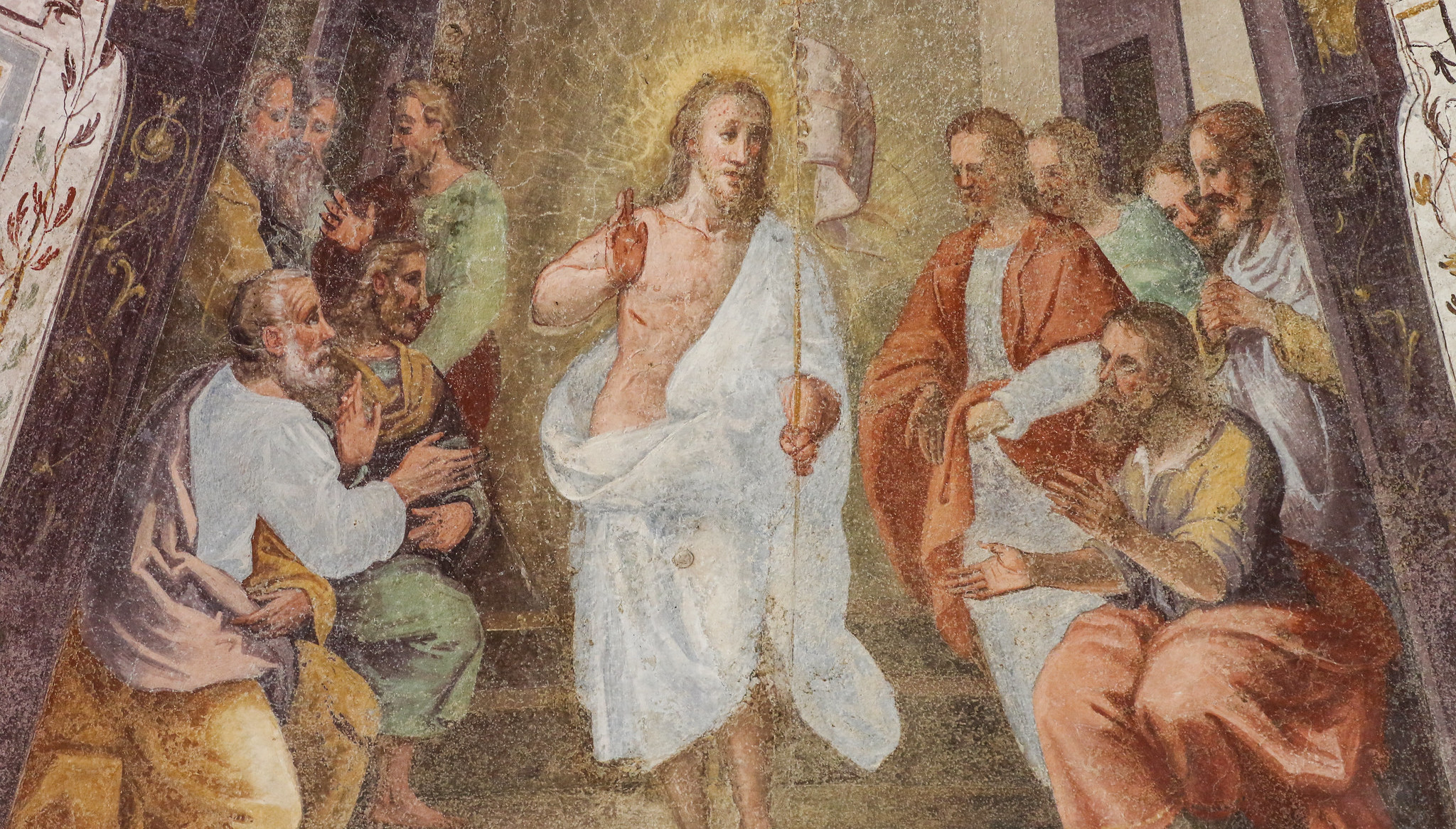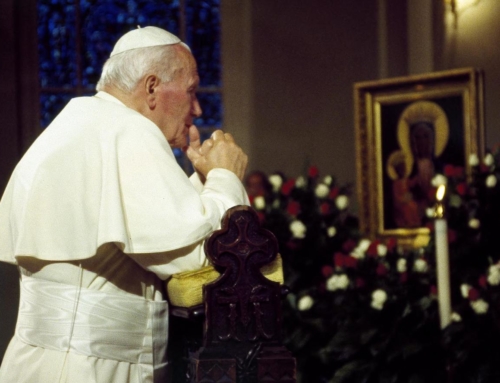“Christ is risen! Truly he is risen!” At Easter, Christians traditionally have greeted each other with this call and response to express their joy at Christ’s Resurrection. Whether one responds out of an overflowing of faith or mere habit, the greeting’s focus on the veracity of Christ’s Resurrection inescapably communicates a proclamation of faith—a personal proclamation that flows from knowledge of the truth.
Like the repetition of waves wearing down hardened stone, the repetition of years can dull us to the fact that what we celebrated on Easter Sunday was an actual historical event. We can forget that Jesus, who had been publicly executed, rose in glory from the dead as a sign that he had conquered death on our behalf (ST III q. 53, a. 1). Each Easter provides an opportunity to remind ourselves what we believe and why we believe it.
The content of our faith is not based on myths and fairytales, but on a chain of testimony handed down from those who saw, touched, and spoke with the resurrected Christ (ST III q. 55, a. 1). The truth they came to accept by grace compelled them to proclaim the good news of our salvation throughout the world. The transformative power of Christ’s Resurrection is clearly seen in their testimony of this truth.
On that first Easter, the disciples on the road to Emmaus were “slow of heart” and did not understand the things that had taken place in Jerusalem. After encountering the resurrected Christ, their eyes were opened and they “set out at once and returned to Jerusalem . . . [and] recounted what had taken place on the way” (Luke 24:33–35). Two months later, Saint Peter, who had previously denied knowing Christ, boldly gave testimony to the truth of the Resurrection saying, “The author of life you put to death, but God raised him from the dead; of this we are witnesses” (Acts 3:15). Around thirty years after that, the feared persecutor, Saint Paul, converted by his encounter with Christ, testified to the Resurrection before King Agrippa and the Governor: “I am not mad . . . I am speaking words of truth and reason” (Acts 26:24–29).
The Resurrection is a difficult thing to wrap our minds around. It pushes against the finality we’ve conceived about death and breaks down the notions we have of our own mastery of nature. Saint Paul acknowledged this to the Corinthians, proclaiming the death of Christ “a stumbling block to Jews and foolishness to Gentiles” (1 Cor 1:23). But, by the grace of faith, we ourselves are transformed to believe that he has truly conquered death. We can rest assured in this truth and ought not to be cowed by skepticism, for we know him in whom we have believed and are confident in him.
Scimus Christum surrexisse a mortuis vere:
tu nobis, victor Rex, miserere.
Amen. Alleluia.
We know Christ is truly risen from the dead!
To us, victorious King, have mercy!
Amen. Alleluia.
(Victimae Paschali Laudes, Easter Sequence)
✠
Photo by Fr. Lawrence Lew, O.P. (used with permission)







